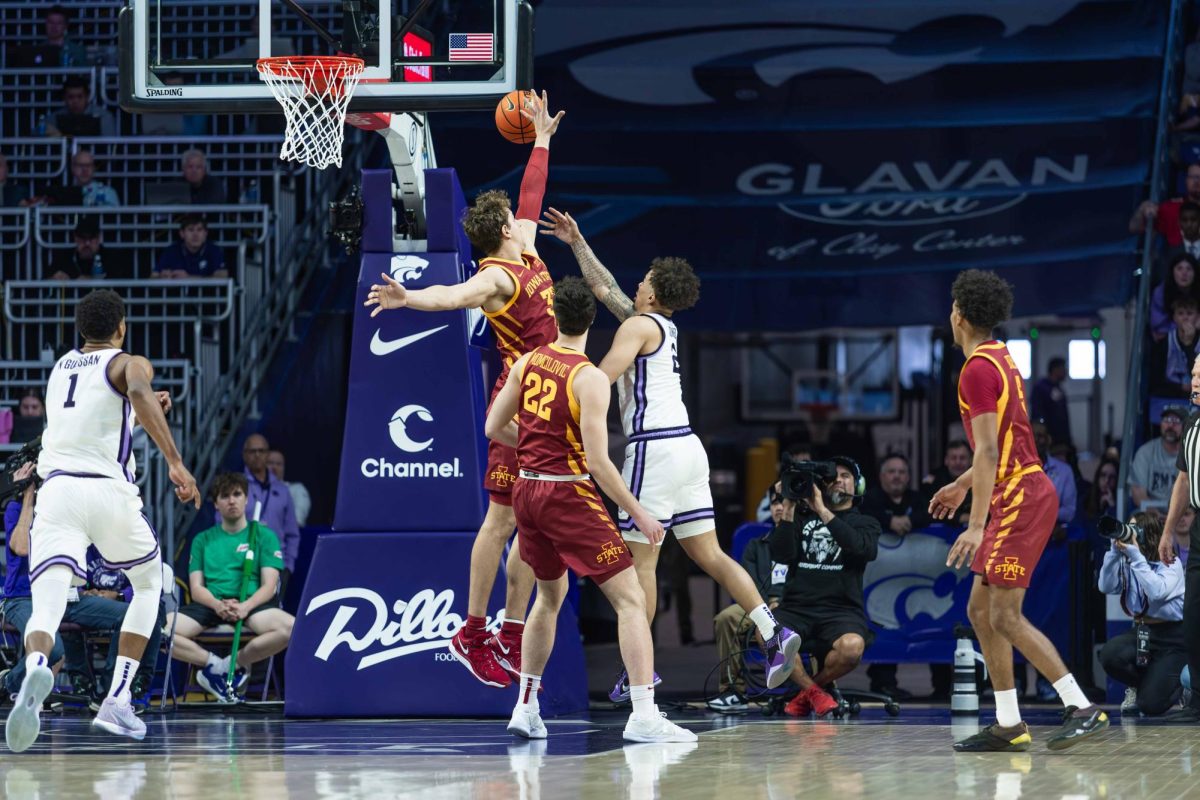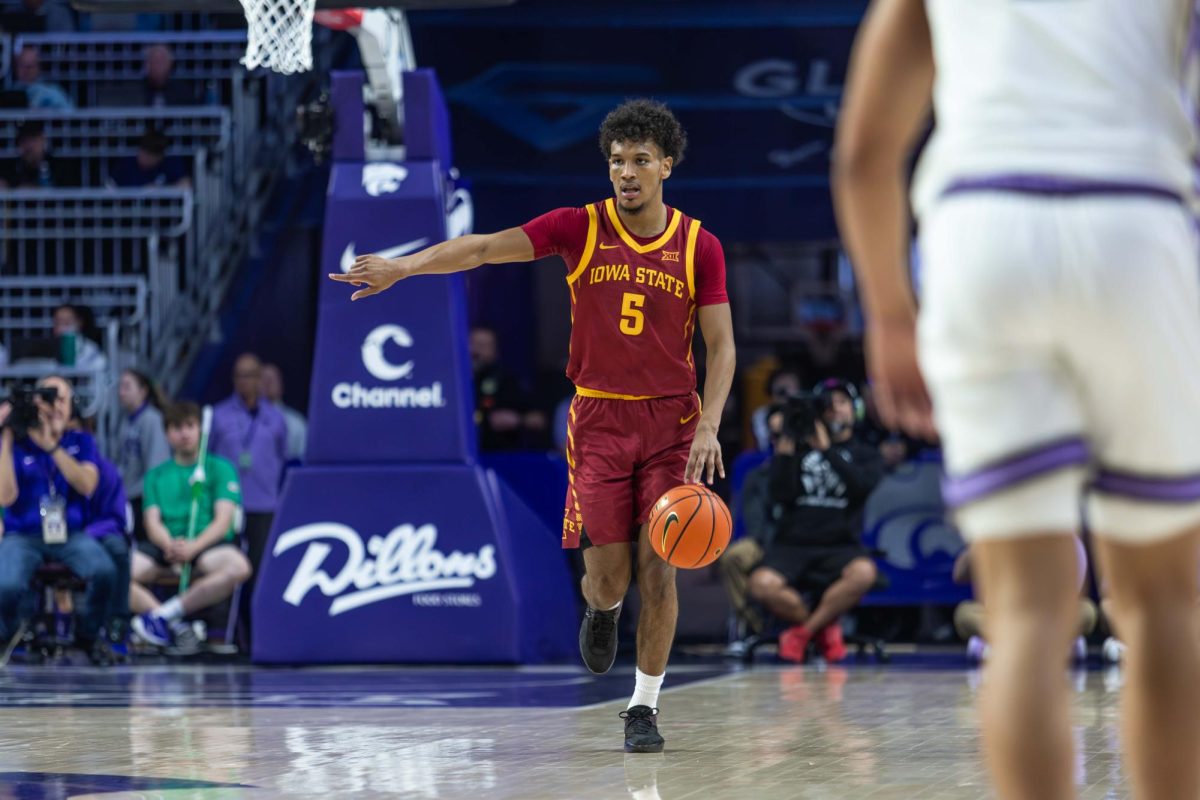AgriSol forum Occupies a voice for Ames, Iowa State
March 25, 2012
The City Council Chambers were filled and trickled over into the lobby with attendees at the “After AgriSol Teach-In.”
Saturday’s forum — held by Occupy Ames/ISU — hosted discussion on past land investment deals in Tanzania between energy company AgriSol and Iowa State.
Ed Fallon, a former member of the Iowa General Assembly and host of the “Fallon Forum” radio show was the first to speak to give an overview of the past partnership of AgriSol and Iowa State University.
Fallon pointed out that he had only been able to get one person on his program, the communications director of AgriSol Henry Akona, who is “willing to dialogue,” which Fallon called “a really, really important step” in the process of understanding these type of situations.
“You can’t try to figure out what to do with a situation like this if the other side’s not willing to dialogue,” Fallon said.
The speakers were divided into two panels with time for questions after each panel. The first panel discussed and explained how funding at land grant universities has changed significantly over time and the steady downfall of funding in the last 10 years.
David Osterberg, founder and executive director of the Iowa Policy Project, showed an IPP report put out by the state of Iowa about funding for state universities like Iowa State and University of Iowa.
Osterberg pointed out that “research universities are being forced to search many places for funding because where they used to get funding is no longer coming in, in the area it was.“
Because of this decrease in public funds, universities have had to look elsewhere, which included corporate funds.
“By 2012 the part of the pie that got a whole lot smaller was the universities,” Osterberg said.
Paul Johnson, former chief of National Resources Conservation Service and former state representative, talked about land grant universities like Iowa State as in “who we are and what we come from.”
Johnson quoted former Alaskan Gov. Sarah Palin in saying “Drill baby drill,” as meaning to “drill back into our history” of what a land grant institution is supposed to be.
Carolyn Raffensperger, director of the Science & Environmental Health Network, told her story of sitting on her North Dakota farm and making a phone call to Delta and Pine Land Company, a corporation that had worked as a public/private partnership to create new seeds for agriculture terminator technology that produced suicide seeds. These seeds farmers could not save. Talking to a vice president of the company over the phone, she demanded her money back.
“This had been paid for by your public money and my public money, and I didn’t like it,” Raffensperger said.
Matt Ohloff, organizer of the Food & Water Watch, said that his organization is to “release a report about the national trends of how land grant institutions have recently started catering to corporate agribusiness, which has impacted public policy.“
Panel B discussed different agriculture models, the impacts and the new visions they had for land grant universities such as Iowa State.
Other speakers included Adam Mason, policy organizing director of Citizens for Community Improvement; George Naylor, the past president of the National Family Farm Coalition; and Francis Thicke, an organic dairy farmer, scientist and educator.
Two petitions were mentioned and audience members were encouraged to sign them host Deborah Bunka. One was “a call by Occupy Ames[/ISU] to have Bruce Rasseter, co-founder of AgriSol and president of the ISU Board of Regents censured by Gov. [Terry] Branstad on the grounds of gross conflict of interest for his involvement of the partnership between AgriSol, Iowa State University, and the government of Tanzania.”






